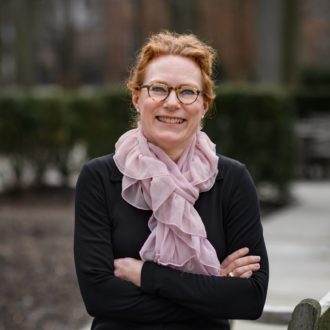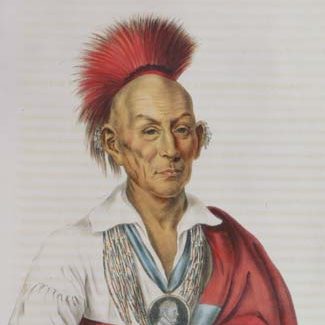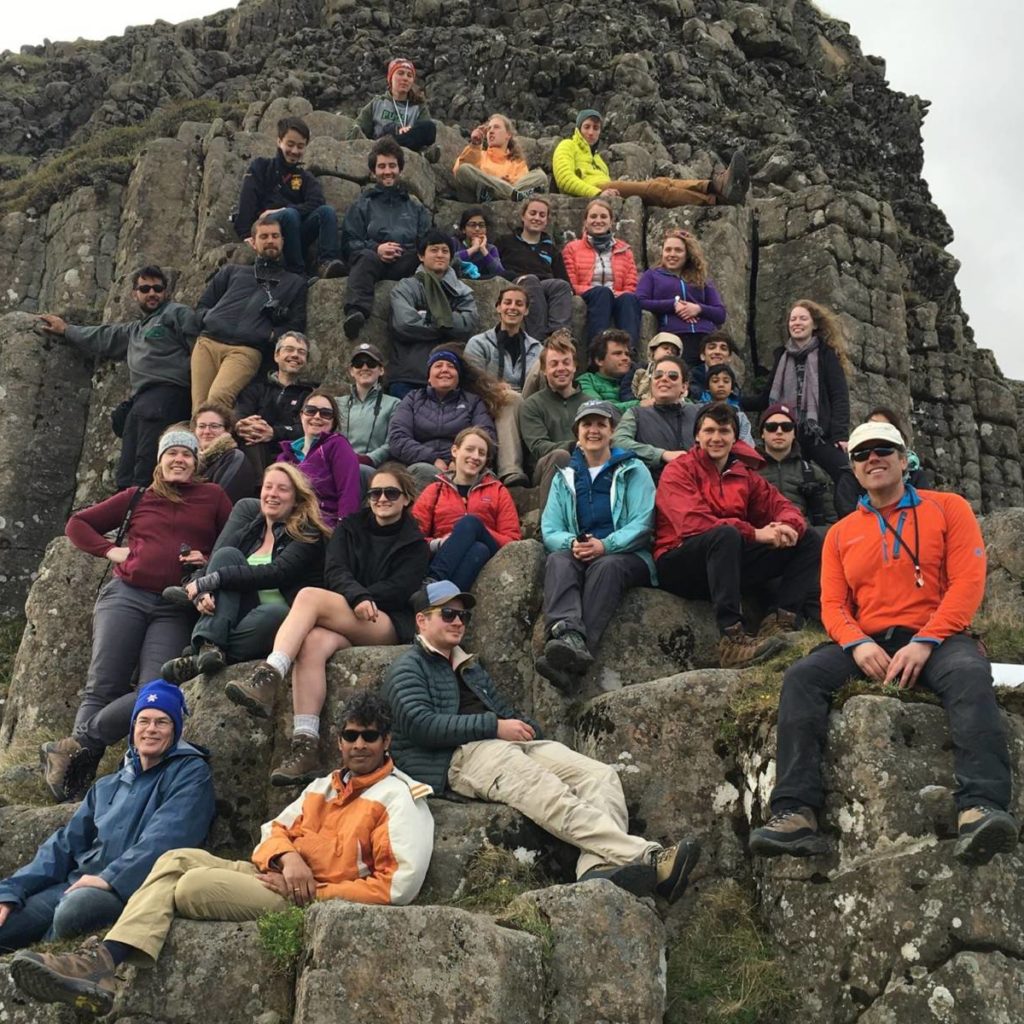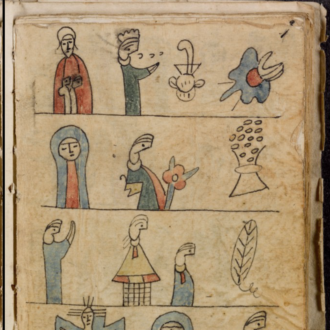At Princeton, we are lucky to have access to an incredible collection of research resources. Between our libraries’ collections on campus, online databases, ReCap storage, and Borrow Direct, almost all your research needs are right at your fingertips. And, for most of the papers you will write while here, this is probably the case. But, especially with independent work, you may need sources so niche or rare that Princeton just can’t provide them. I have found myself in this situation this semester, as I write my junior paper for my HIS 400 seminar. Here, I’ll share my experience navigating the search for niche sources, with tips for getting creative when searching for material at Firestone and beyond.
My paper focuses on the political thought of Henry Katzew (a Jewish South African journalist and writer), situating it in relation to other Jewish South African responses to apartheid, Zionism, and a diplomatic crisis which occurred between the Israeli and South African governments in 1961. Given how specific my topic has become, it was difficult finding sources, especially primary sources, at Princeton right off the bat. Still, with some time to think and the help of quite a few librarians (more on that below— they are truly research superheroes), I have managed to find the sources I need to complete the work. Continue reading Stumped for Sources at Firestone? No Worries!






